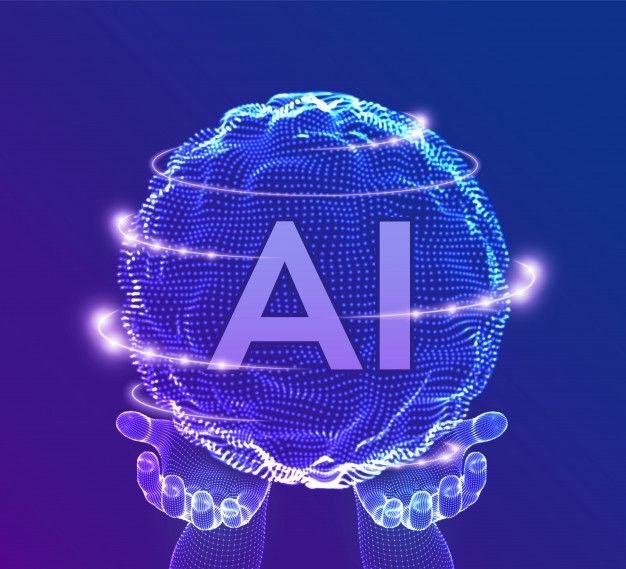Understanding AI and Its Impact as a High School Student
Written by Brett Burstein
My name is Brett Burstein and I am a junior. Last year, I finished a number of sessions and projects with Inspirit AI and completed AP Computer Science Principles.
I am the founder of babcommunications (www.babcommunications.org), a coding club at my school that provides programming information to youth activities. I'm interested in AI/ML because I want to study computer science, and I believe that AI/ML is the future of our planet. Throughout high school, I was fascinated by artificial intelligence (AI) in the form of computers, smart boards, and so on.
What is AI?
AI is an area of computer science that combines various disciplines with the goal of producing smart machines, devices and systems capable of executing complicated tasks that frequently need human intelligence, but in a way that equals or exceeds human capabilities. Virtual Assistants or chatbots are examples of applications.
How can advances in AI be achieved?
Human capacities are being enhanced by digital life, but human pursuits are being disrupted.
In ambient information and connection, code-driven systems have reached more than half of the world's population, presenting previously unimagined potential as well as enormous hazards.
Experts expect that networked artificial intelligence will boost human effectiveness while undermining human autonomy, agency, and capacities.
They talked about how computers may match or even surpass human intelligence and capacities in areas including complex decision-making, reasoning and learning, advanced analytics and pattern recognition, visual acuity, speech recognition, and language translation.
This is why it is very important to embark on understanding AI in high school.
Experts claim that smart systems in communities, automobiles, buildings and utilities, farms, and corporate operations will save time, money, and lives while also allowing individuals to experience a more personalized future.
Various upbeat statements centered on health care and the many potential uses of AI in diagnosing and treating illnesses, as well as assisting elderly folks in living fuller and healthier lives. They were also enthusiastic about AI's involvement in broad public-health programs based on vast quantities of data that may be collected in future years on everything from personal genomes to diet.
A number of these experts also projected that AI will facilitate long-anticipated reforms in official and informal education systems. Nonetheless, most experts, whether enthusiastic or pessimistic, raised worries about the long-term influence of these new technologies on the core qualities of being human.
All responders in this non-scientific poll were asked to expand on why they thought AI will make people better off or worse off. Many people expressed profound concerns, and many others also proposed answers.
Starting AI in High School
How can beginner high school students begin understanding AI as a whole? We frequently consider artificial intelligence, or AI, to be a mysterious black box.
In reality, it pervades so many parts of our everyday lives. AI technology is used by both adults and children every day, from social media feeds to video games. However, many students and instructors do not grasp what artificial intelligence is or how to talk about it, let alone teach it in the classroom.
Our kids will enter a workforce that is increasingly fueled by artificial intelligence.
As with several previous technical developments throughout history, the increasing usage of AI will result in the establishment of new vocations and fields. There are simple approaches to learn how to teach AI, regardless of grade level or subject. It all starts with professors that are comfortable introducing artificial intelligence into their lectures.
Educators may include key AI principles, such as data science and ethical design, into every curriculum. This enables students to comprehend the current and future effects of AI.
Artificial intelligence shouldn’t just become a topic of discussion. It must be included in all disciplines. Children must grasp the function of AI as well as ethical implications. They will be in charge of putting AI into action.
AI is an area of computer science that combines various disciplines with the goal of producing smart machines – devices and systems capable of executing complicated tasks that frequently need human intelligence, but in a way that equals or exceeds human capabilities.
Experts expect that networked artificial intelligence will boost human effectiveness while undermining human autonomy, agency, and capacities.
Understanding AI is vital.
Expects have talked about how computers may match or even surpass human intelligence and capacities in areas including complex decision-making, reasoning and learning, advanced analytics and pattern recognition, visual acuity, speech recognition, and language translation.
However, many students and instructors do not grasp what artificial intelligence is or how to talk about it, let alone teach it in the classroom. So, the question still remains...will humans be better off when artificial intelligence becomes ubiquitous?"

